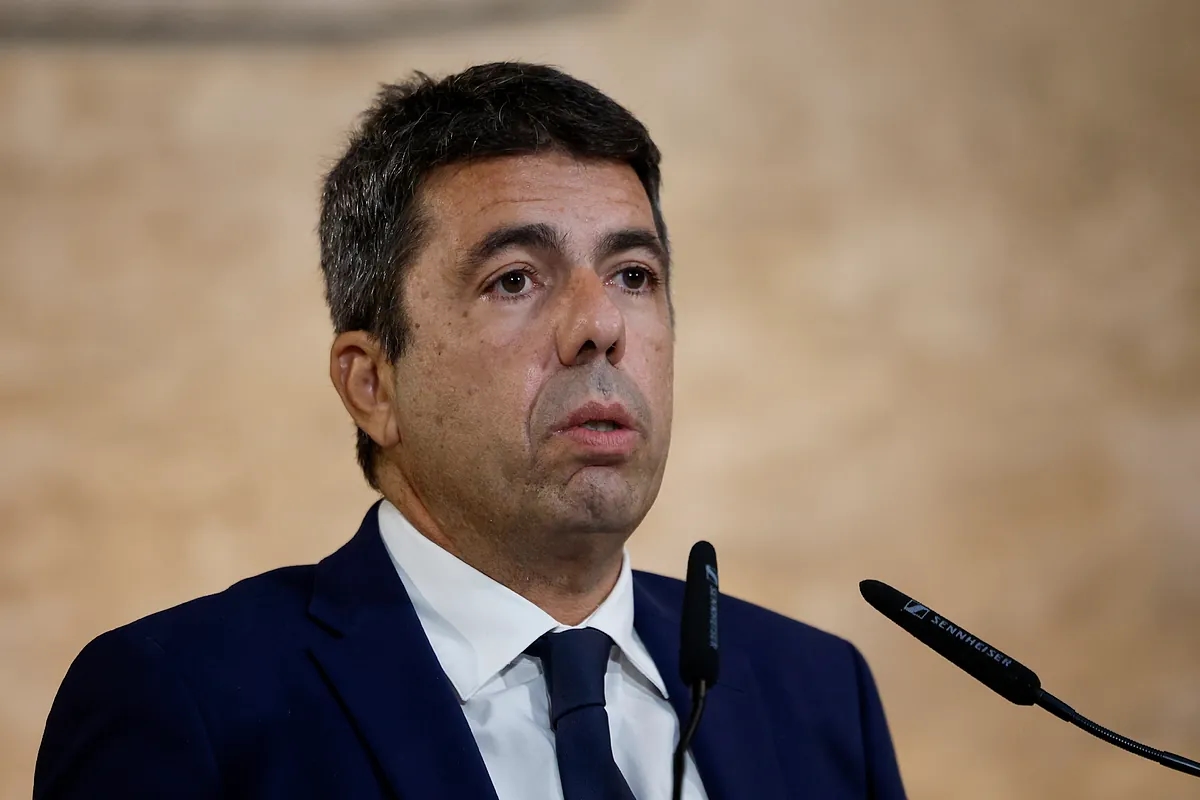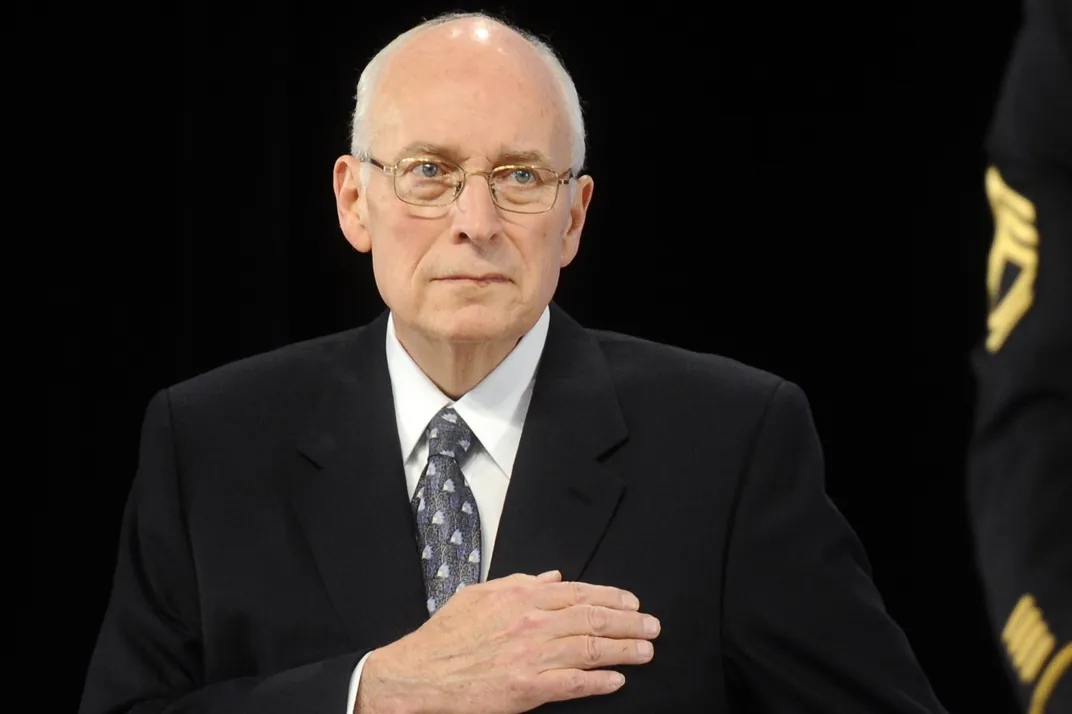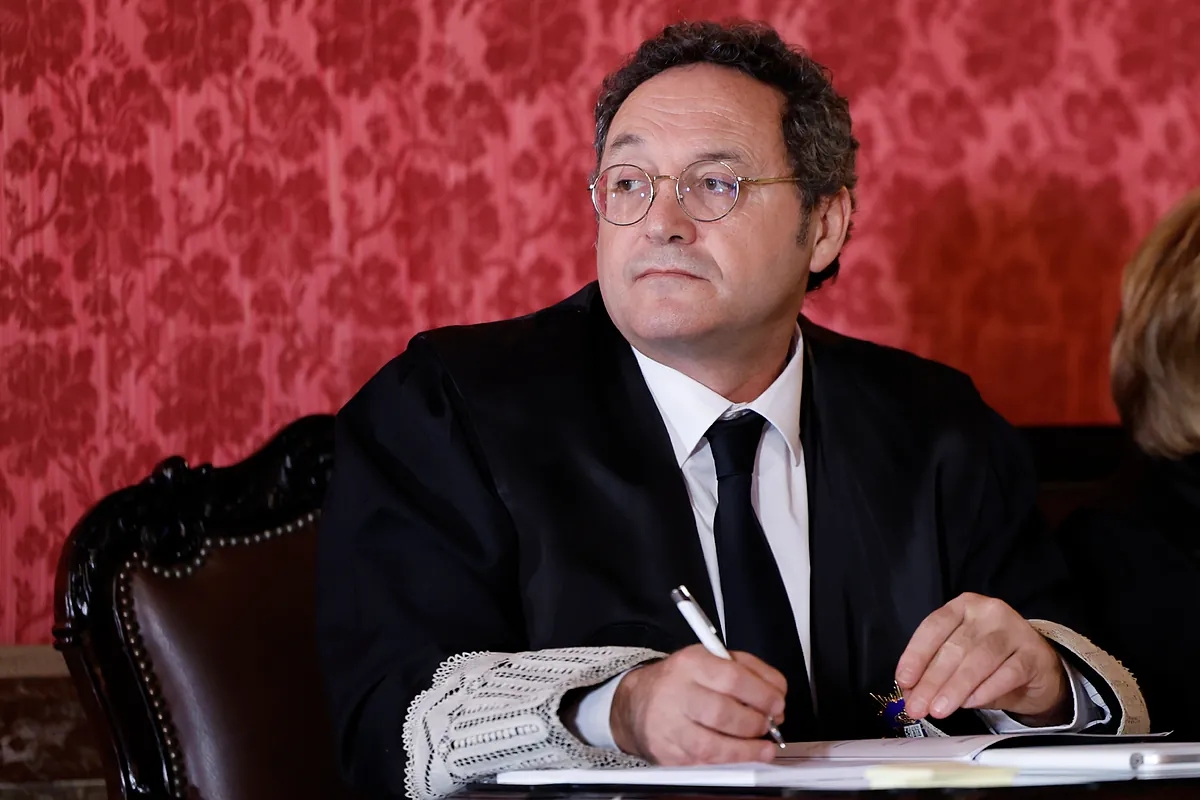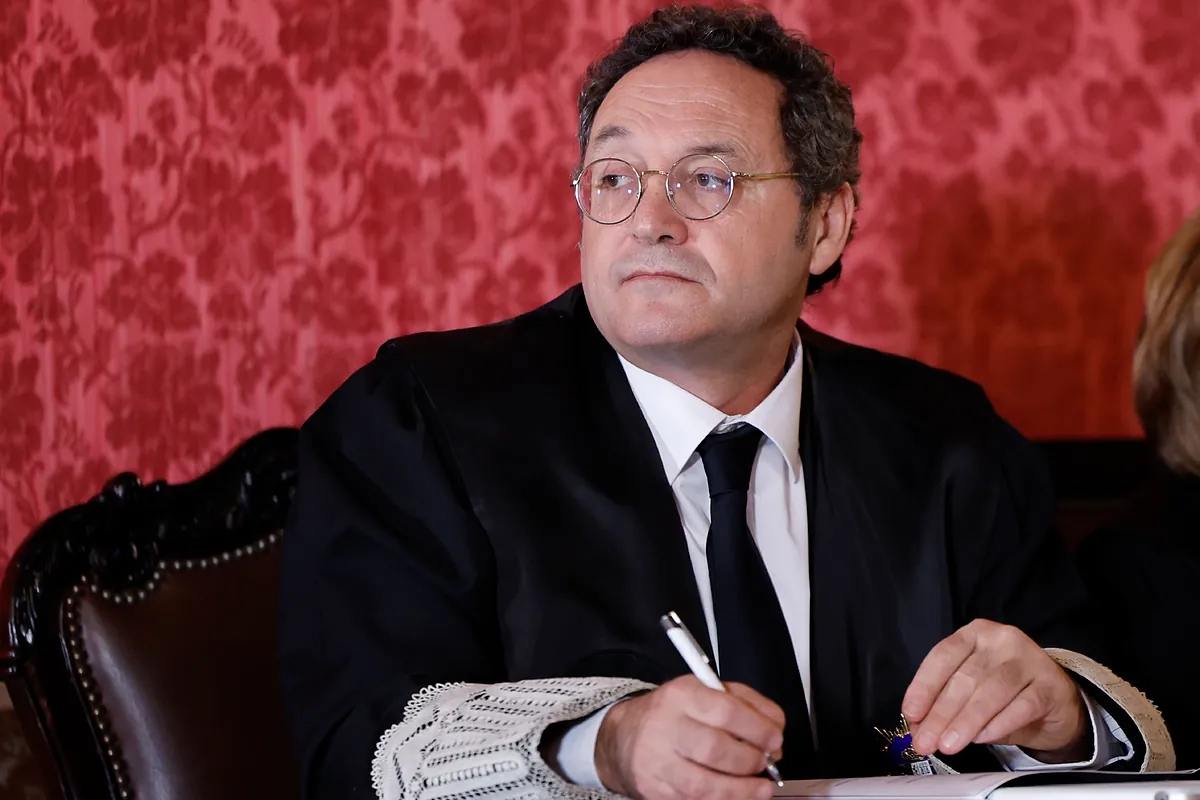Peru breaks off diplomatic relations with Mexico over asylum granted to Betssy Chávez
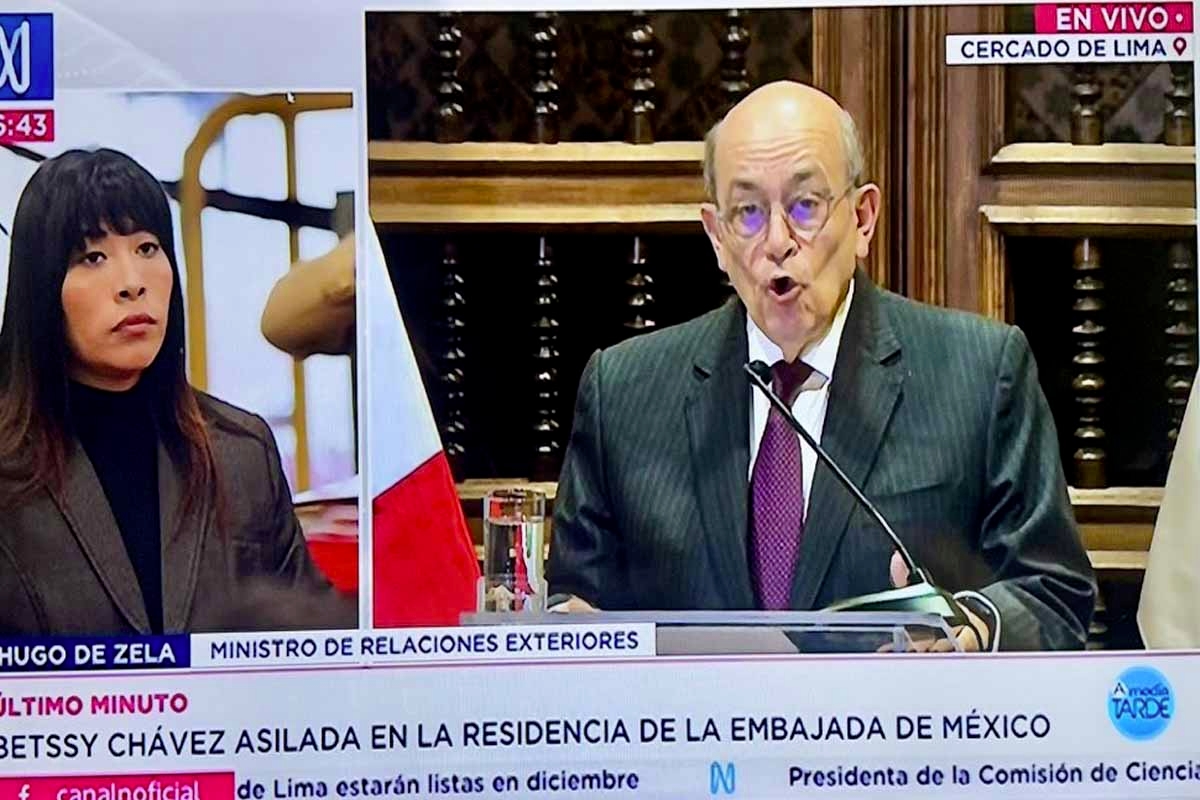
The announcement landed like a bombshell on the Latin American political scene. The Peruvian government declared a break in diplomatic relations with Mexico on Monday, after the country, led by President Andrés Manuel López Obrador, initiated a process to grant asylum to Betssy Chávez, former prime minister under ousted President Pedro Castillo.
Peruvian Foreign Minister Hugo de Zela announced the decision to the media, calling Mexico's action an "unfriendly act" and a "direct interference" in the internal affairs of the South American country.
“Today we learned with surprise and deep regret that the former prime minister is being granted asylum at the residence of the Mexican embassy in Peru,” the official stated firmly, emphasizing that the measure is a response to a long series of diplomatic disagreements between the two governments.
Betssy Chávez, the last chief of staff during Pedro Castillo's brief and turbulent term, faces legal proceedings for alleged conspiracy and participation in the attempt to dissolve the Peruvian Congress in December 2022.
The former official had been in prison since June 2023, until her release in September of this year to continue her defense while free. However, her recent disappearance from the public eye raised suspicions about a possible attempt to seek refuge outside the country, a situation that was finally confirmed with the announcement of her presence at the Mexican embassy in Lima.
The Peruvian prosecutor's office has requested a 25-year prison sentence for Chávez, who has denied having any knowledge or direct involvement in the attempt to close Congress promoted by Castillo.
The Mexican government has historically maintained an open-door policy for political asylum, under the protection of international humanitarian treaties. However, the decision to grant protection to Betssy Chávez has been interpreted in Lima as a gesture of political support for former President Castillo, with whom the López Obrador administration has shown ideological affinity in the past.
“In light of this unfriendly act and considering the repeated instances in which both the current and former presidents of Mexico have interfered in Peru’s internal affairs, the government has decided to sever diplomatic relations with that country,” De Zela declared.
The measure entails the immediate withdrawal of Peruvian diplomatic personnel from Mexico and the suspension of official communication channels between the two nations, except for those of a consular nature.
🔴 Peru's Foreign Minister, Hugo de Zela, announced the severing of diplomatic relations with Mexico after former Prime Minister Betssy Chávez received asylum at the Mexican embassy. pic.twitter.com/urVp1CiHRs
— Azucena Uresti (@azucenau) November 3, 2025
Since the removal of Pedro Castillo in December 2022, Peru has experienced a period of great political instability. The fall of the then-president, accused of attempting a self-coup, divided the country and unleashed an institutional crisis that still resonates in public life.
Castillo remains imprisoned while facing multiple legal proceedings, and several of his collaborators, including Betssy Chávez, have been identified by the Peruvian justice system for alleged participation in the conspiracy.
The current government has tried to distance itself from Castillo's legacy, but the diplomatic crisis with Mexico revives the wounds of a recent past that continues to generate polarization.
The rupture between Peru and Mexico has reignited the debate about the role of political asylum in Latin America. While some consider the Mexican measure a legitimate action within the framework of international law, others interpret it as a diplomatic provocation that violates Peruvian sovereignty.
International policy experts warn that this new conflict could affect trade, consular relations, and regional cooperation between the two countries. Furthermore, it once again places Mexico at the center of the continent's political tensions, as has already occurred in other recent episodes.
Despite the current tension, analysts do not rule out the possibility that both countries will resume dialogue in the near future. Peru and Mexico share a long history of economic and cultural collaboration, and both belong to regional blocs such as the Pacific Alliance, whose stability could be jeopardized if the estrangement continues.
Meanwhile, Betssy Chávez's fate remains uncertain. Her request for political asylum could take weeks to be officially resolved, and the repercussions of this case are already being felt in both Lima and Mexico City.
The case marks a turning point in Latin American diplomacy and exposes the complex relationship between justice, politics and sovereignty in a region where the balances are as fragile as they are decisive.
La Verdad Yucatán


